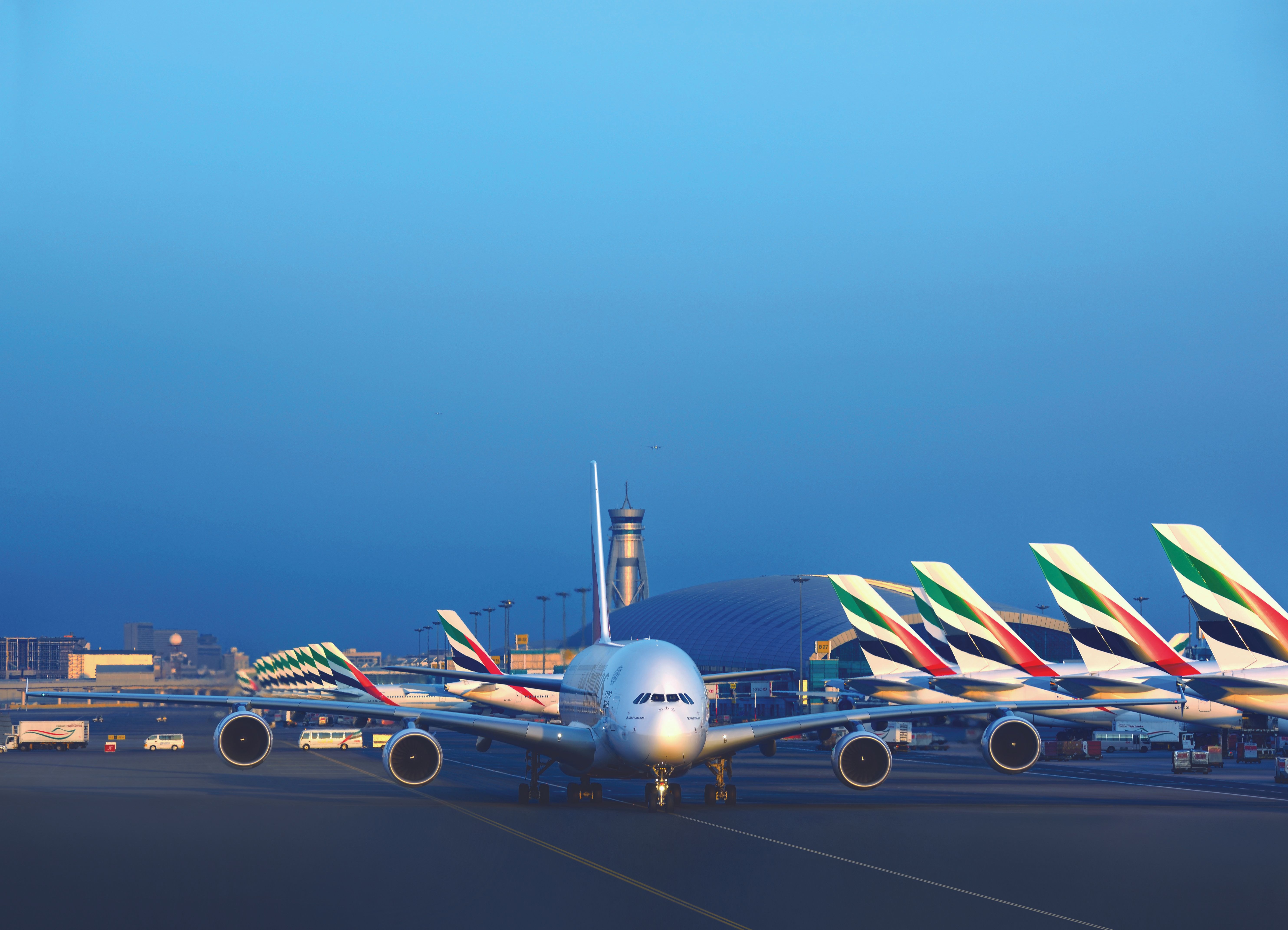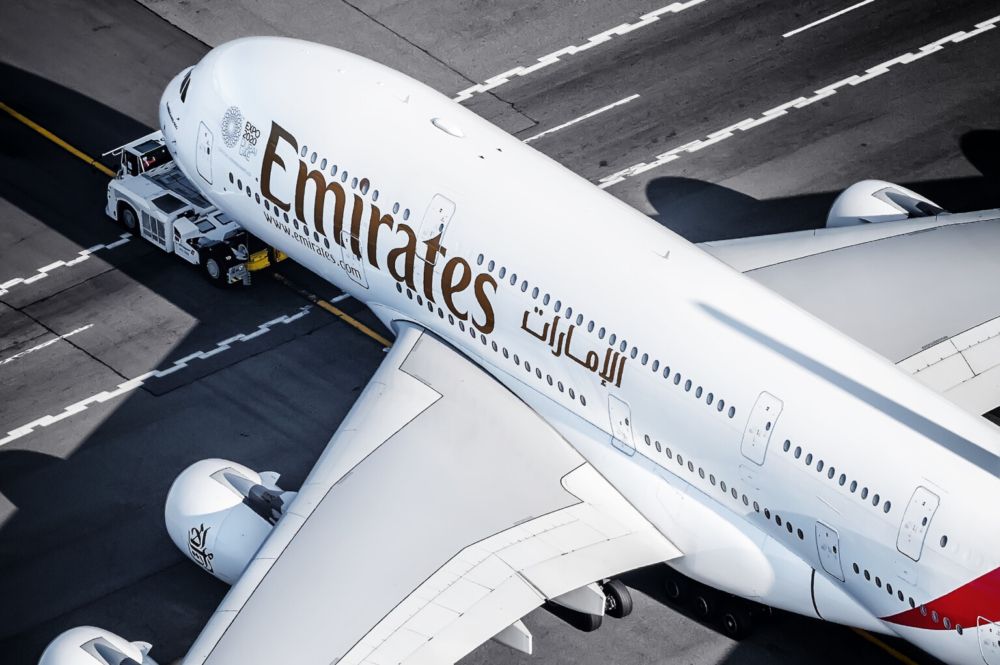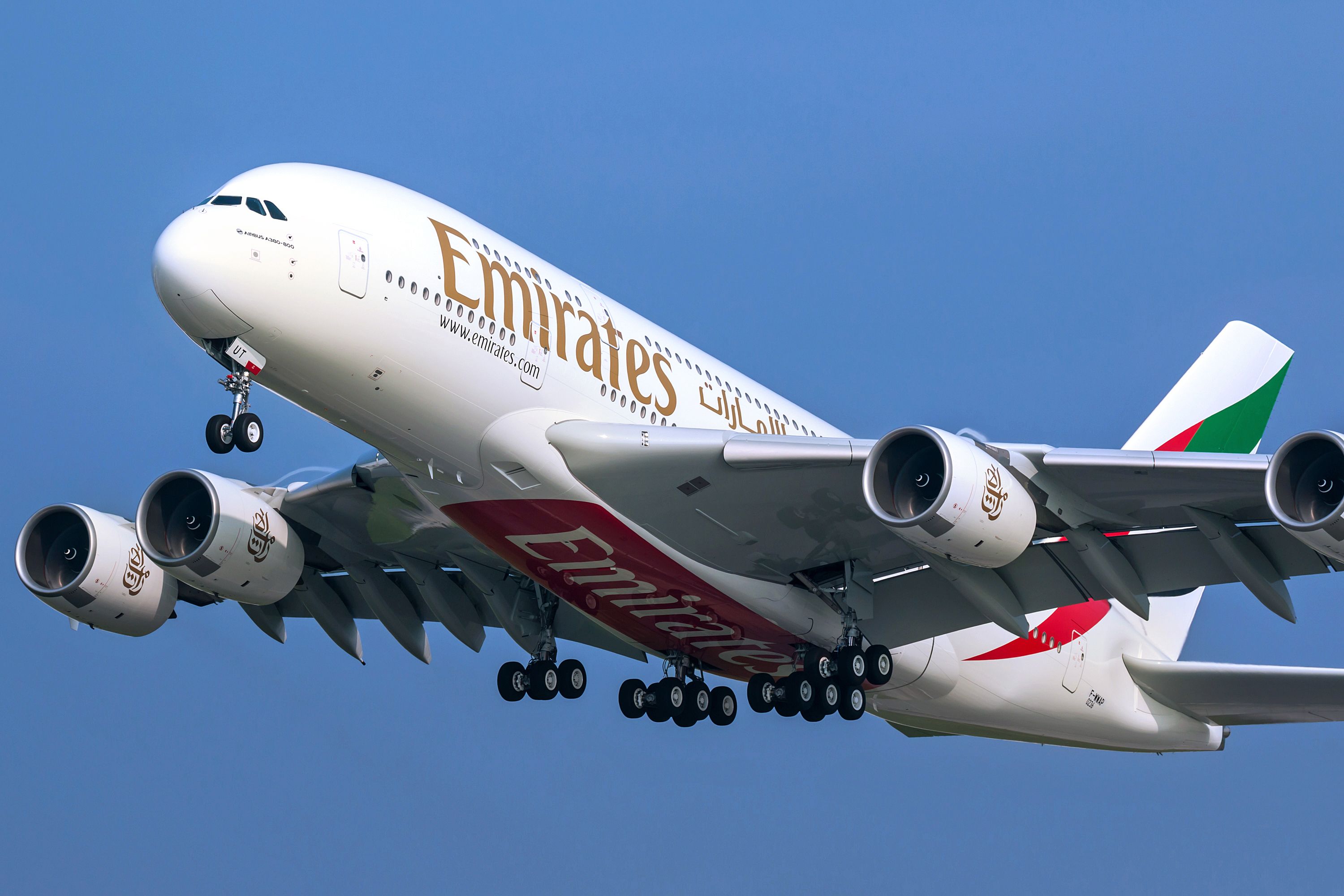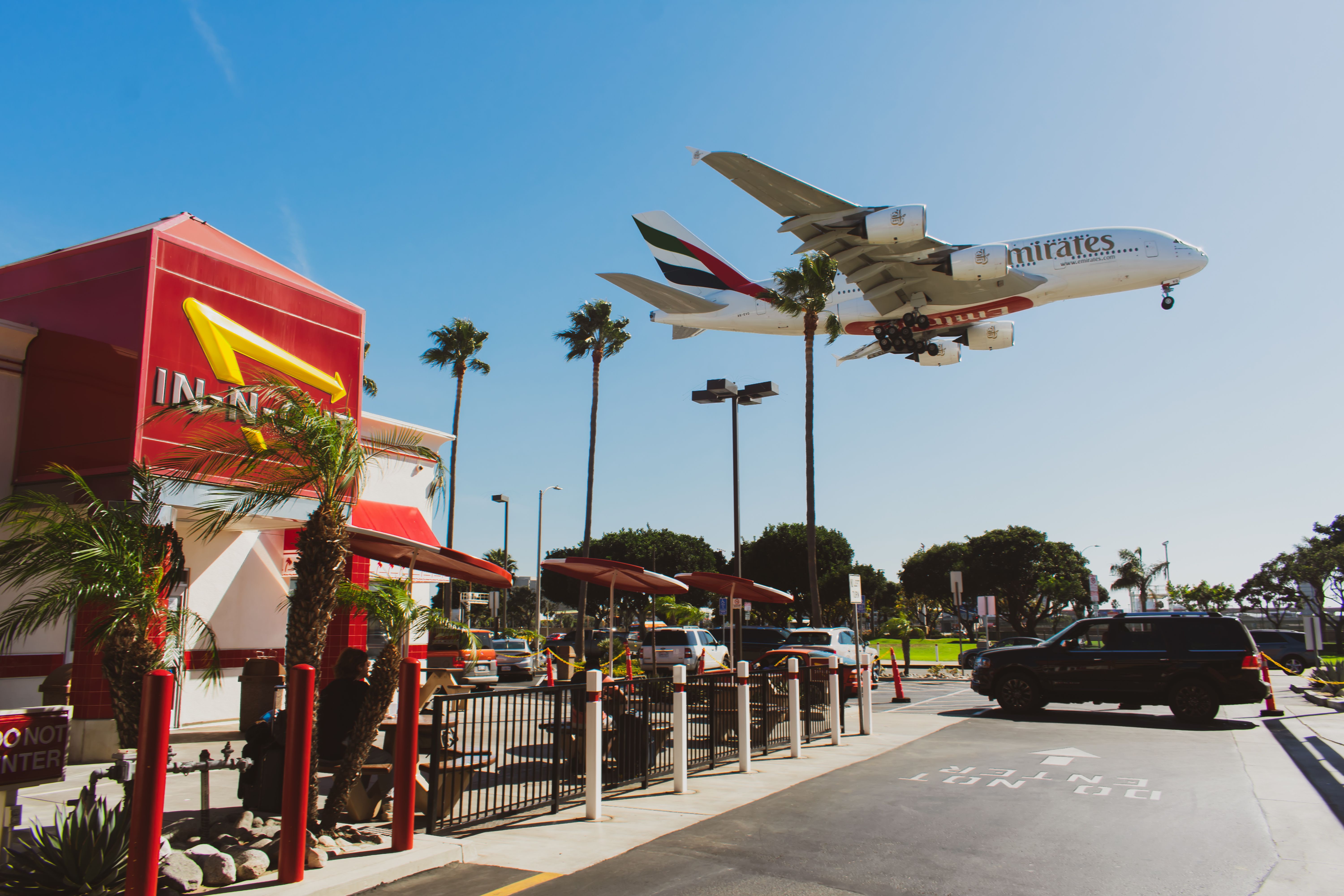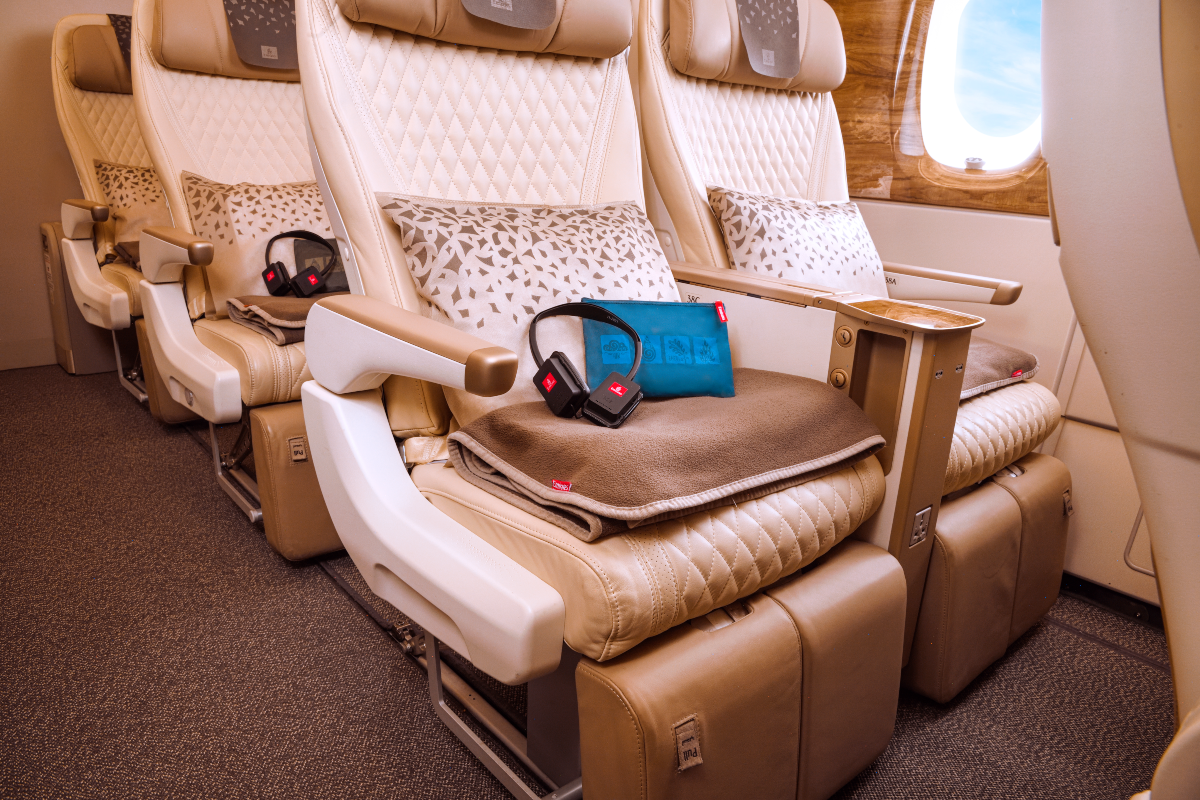Following its unique relationship with the Airbus A380, Emirates has stated its wish for Airbus to continue to build larger aircraft. Speaking at a media roundtable in Doha, the airline’s CEO, Tim Clark, made clear his thoughts on the need for larger aircraft in the future as demand for travel bounces back following the pandemic.
Recently we have seen airlines leaning more towards smaller, long-range aircraft such as the Airbus A321XLR. However, while Clark recognized the aircraft's clear merits in terms of fuel efficiency, he believes that its capacity of around 200 seats is not enough to meet growing demand. According to Clark, even the Airbus A350-1000 is “too small.” Interestingly, however, the airline does currently have 50 of the smaller Airbus A350-900 on order, with deliveries expected to begin in 2024.
When speaking about Airbus' future aircraft, Clark said,
“How are you going to cope with global demand if you pick up that 2019 [demand] and extrapolate it to 2030 at 4%? Where does that take you? And how are we going to deal with that with A320s or A350-1000s?”
Emirates' penchant for large aircraft
The words ‘larger aircraft’ naturally bring the Airbus A380 to mind. Despite its critics, Emirates has managed to make a success of the superjumbo. The aircraft has really come into its own at heavily slot-constrained airports such as London Heathrow, San Francisco, and Sydney.
Emirates currently operates six daily Airbus A380 services to London Heathrow, and according to Clark, every flight is going full. To match the seating capacity of one Airbus A380, the airline would need to operate two and a half Boeing 787s. In airports where slot availability is limited, that is simply not possible. Clark went on to say,
“What do you bring making your units smaller and smaller as well? What it will do is put the cost of our travel up through the roof.”
The Airbus A380 appears to work better in some markets than others. The success of the superjumbo at slot-constrained airports such as London Heathrow is well-documented, however, that performance is not replicated all over the airline’s network.
Emirates announced earlier this month that it would be stopping Airbus A380 services to five airports in Europe at various points over the next few months. The airline’s flights from Dubai to Madrid, Barcelona, Frankfurt, Vienna, and Munich have been impacted.
Emirates’ fleet of 254 widebody aircraft
Emirates is one of the few airlines around the world not to have any narrowbody aircraft in its fleet. The airline is famous for being the world’s largest operator of the Airbus A380, currently boasting 120 of the aircraft. This makes up almost half of the carrier’s 254-strong fleet, with the remaining being the Boeing 777.
Seating capacity on Emirates’ superjumbos varies, with the highest being an impressive 615 seats – 58 in business class and 557 in economy class. 52 of the Airbus A380s are in the process of being retrofitted to contain the airline’s new premium economy cabin. 53 of its Boeing 777 aircraft are also to be retrofitted.
Take a closer look at Emirates' premium economy cabin here.
The airline is awaiting the delivery of a number of different aircraft types over the next few years. Following the Airbus A350-900s in 2024, deliveries of the Boeing 777X and the Boeing 787-9 are expected to begin in 2025. This follows a number of high-profile delays to the Boeing 777X program.
As demand for travel continues to recover and is expected to exceed 2019 levels over the coming years, industry eyes will be on aircraft manufacturers to see how they respond with future aircraft designs.
Do you agree with Tim Clark in saying that Airbus should continue to build bigger aircraft? Share your thoughts by commenting below.
Discover more aviation news here.

